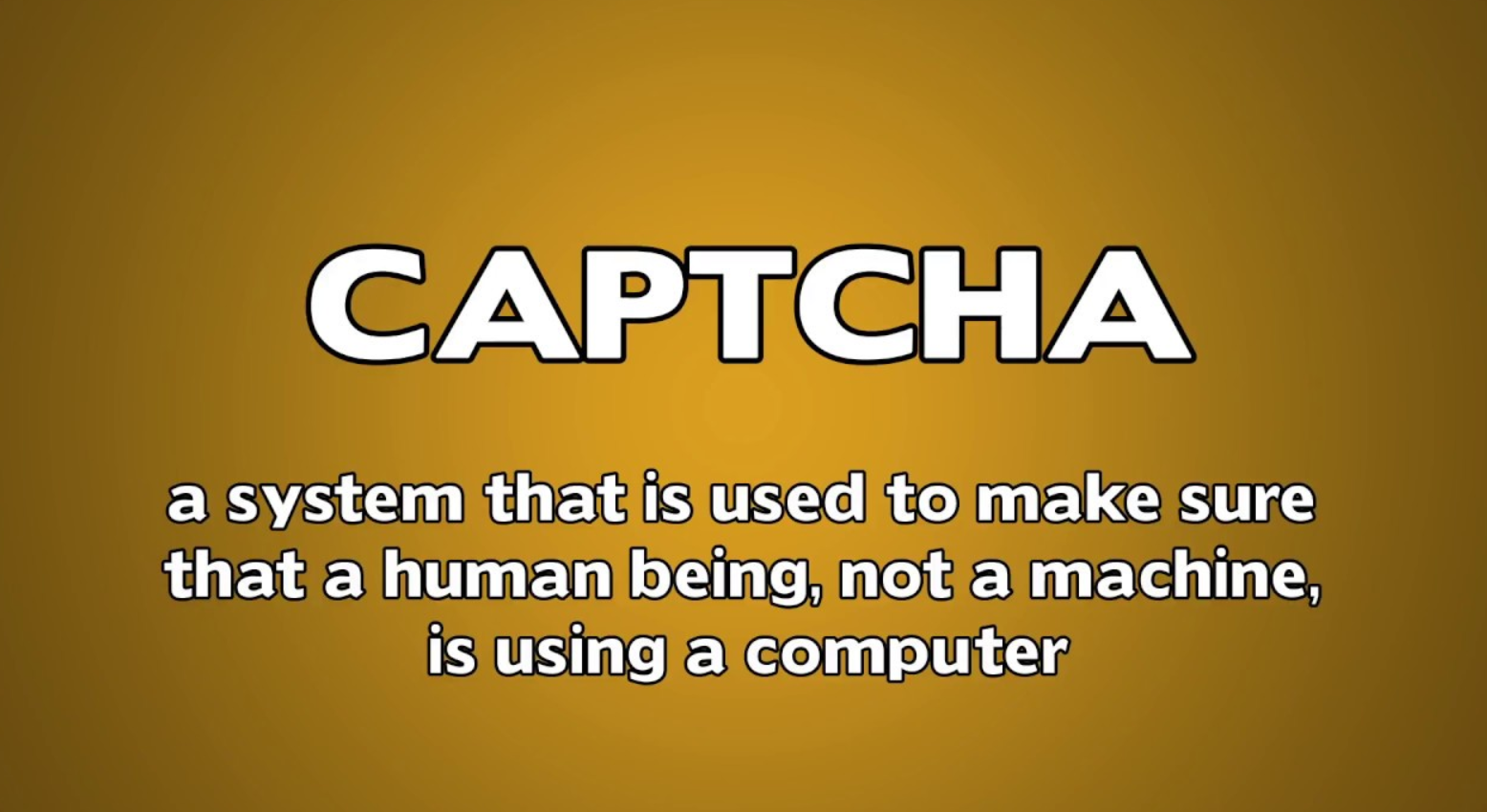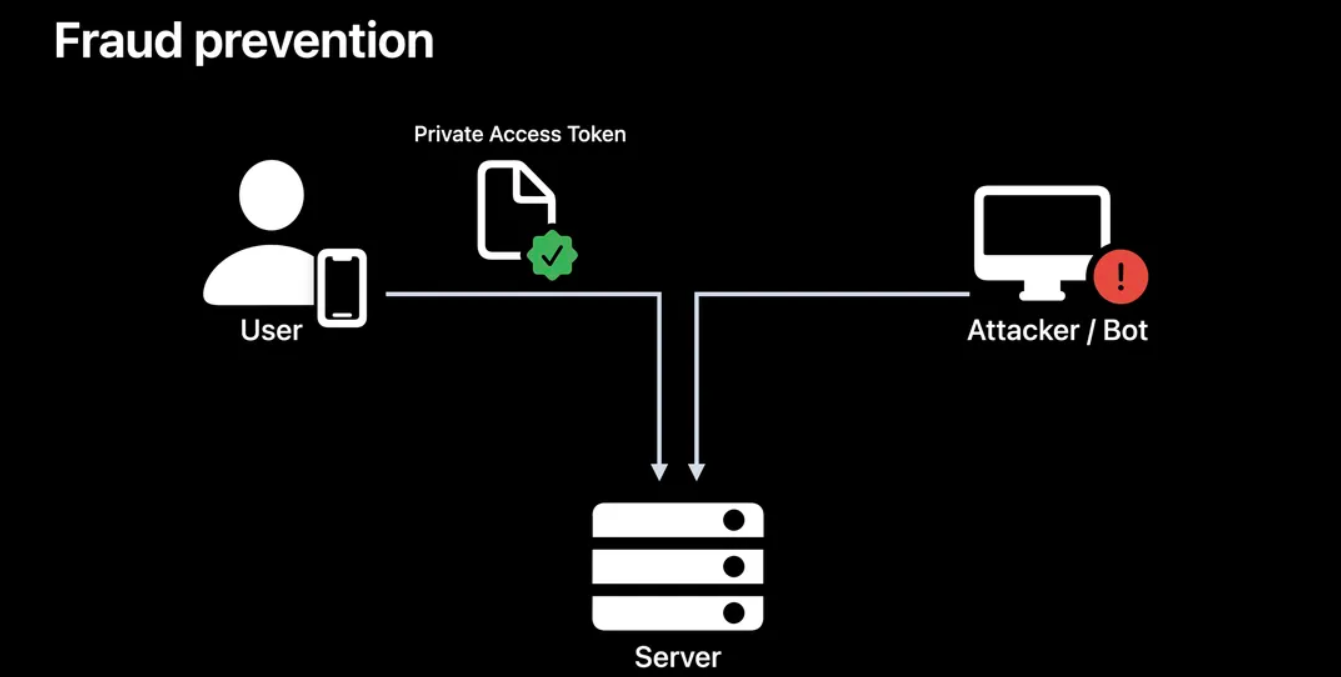You could notice that there are less nasty CAPTCHAs that require you to move a jigsaw piece or determine the difference between a hill and a peak when iOS 16 is launched later this autumn. This is because of Apple’s planned Automatic Verification feature for its iPhones and Macs, which enables some websites to identify you as a human user without bothering you to take any more actions (via MacRumors). It can recognize you as a genuine human being immediately.

Apple worked with Cloudflare and Fastly, two important content delivery networks, to develop the technology. Websites that utilize any of the services to combat spam should be able to use the system and stop showing CAPTCHAs once it releases with iOS 16 and macOS Ventura. You may tell that a major portion of the internet may become much less unpleasant if you pay attention to how many websites go off when either Fastly or Cloudflare starts to have problems.

Although this is not the first attempt to do away with CAPTCHAs, thanks to Apple’s size, we might make some progress this time. The underlying technology, called Private Access Tokens by Apple, has a faint resemblance to its approach to replacing passwords. To put it very simply, your gadget examines several variables to establish whether you are a person. When you visit a website that typically requires you to complete a CAPTCHA, that website may query your smartphone or pc to determine whether a person is accessing it. Your gadget will let you through if it responds positively.
You may watch Apple’s WWDC presentation on the topic, read Apple Insider’s explanation, and look at Fastly’s article if you want to delve more into the specifics of the technology.
Apple has a privacy tale to go along with each new piece of technology it introduces. According to the business, even while your Apple ID is being used as identification, your smartphone or laptop isn’t transmitting any of the data that goes along with it, such as your email address or phone number. The website merely receives what may be considered an OK from Apple. Similar to this, Apple doesn’t know who is asking; it simply knows that your device is asking it to affirm that you are a person.

Fortunately for Windows and Android users, Apple isn’t the only company developing this technology. It was created with assistance from Google as well, and the idea of having a reliable third party confirm your humanity is included in internet standards. While it appears to be concentrating mostly on 3rd-party issuers rather than performing verification itself, Google began integrating a system like Apple’s into Chrome around two years ago. I can imagine it developing a system akin to Apple’s for its users in the future.
Source: Theverge
Also read about: Ways to Find Wi-Fi Password on Your iPhone
